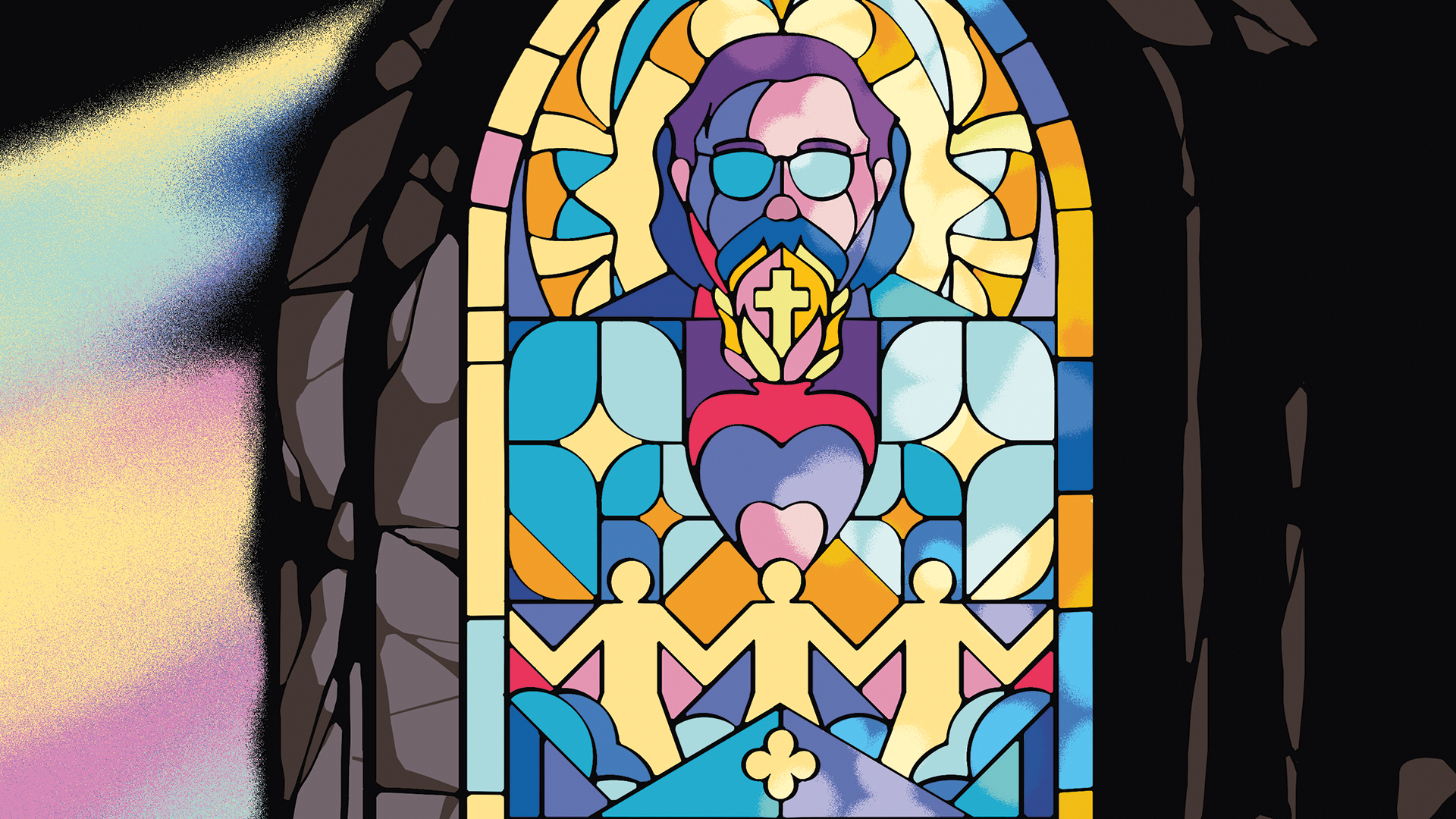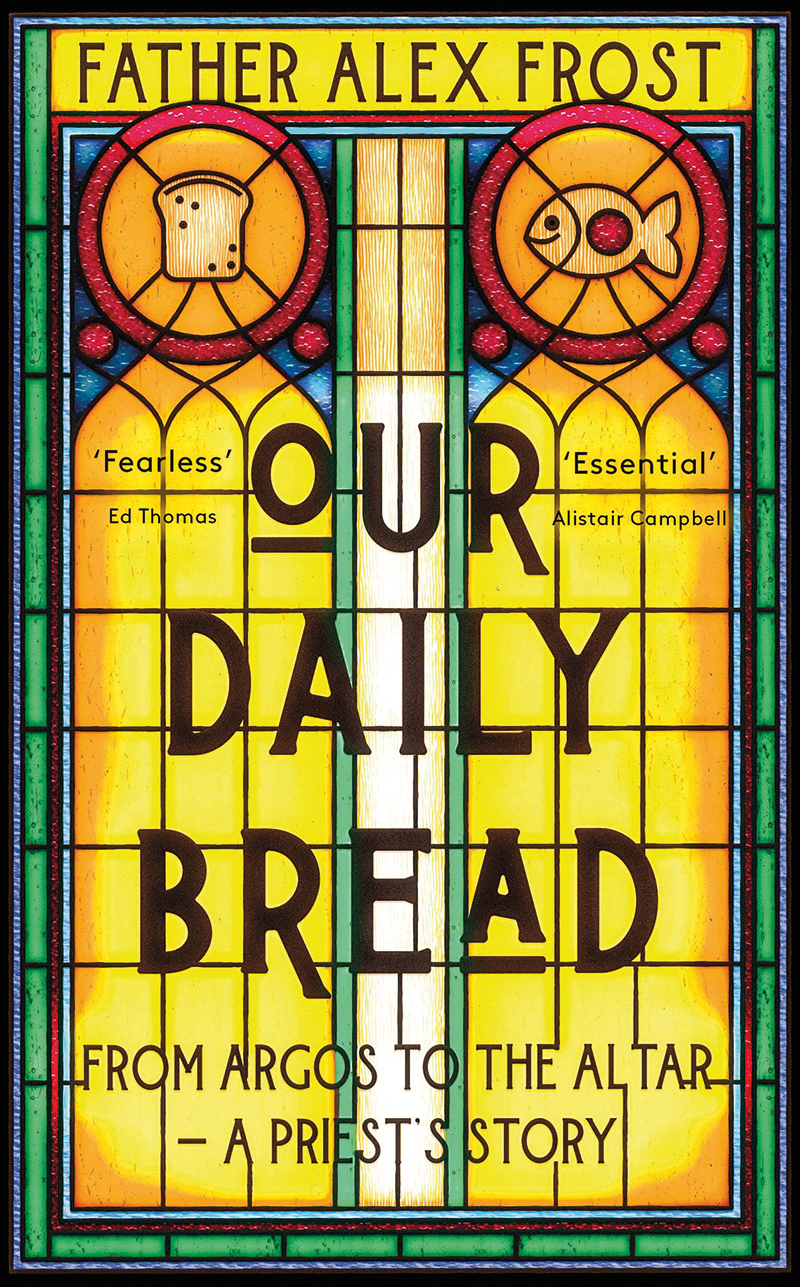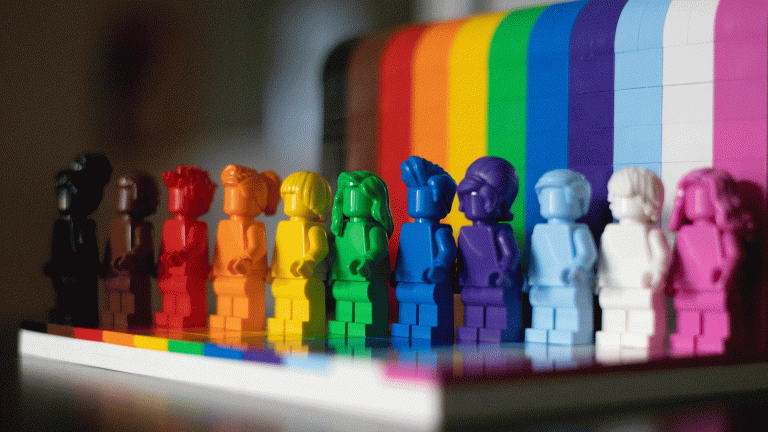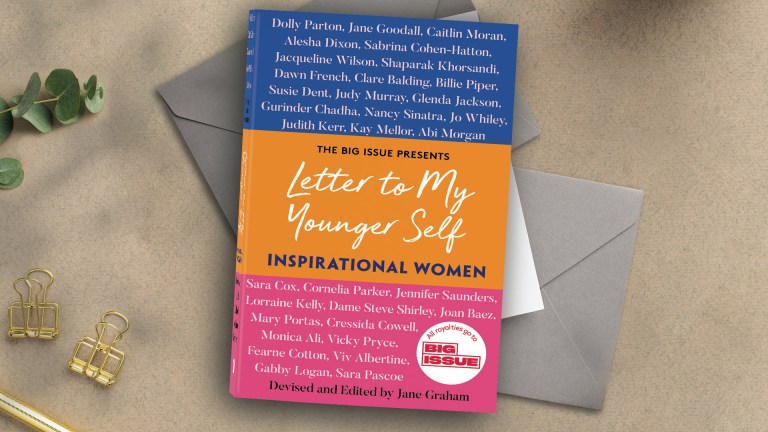In 1993, I was a football referee officiating in the local Sunday league. I’d just been terribly assaulted by a player because I’d sent him off. As I lay flat out with a bloodied nose and a black eye, I could never have imagined that in autumn 2022 I’d be a published author writing about poverty, addiction and people experiencing homelessness. In 2010, as I performed my own stand-up comedy to a sold-out venue to raise funds for disabled children, I never dreamed that one day I would work on a BBC documentary about the cost-of-living crisis. Had I known, I would have laughed harder than the audience before me. And if I’d been told as I left Argos in 2015 after nearly 20 years as a store manager for a position as a minister in the Church of England, that my book Our Daily Bread: From Argos to the Altar would be on the shelves of bookshops nationwide seven years later, I would think someone was taking the proverbial.
In October 2022 that’s exactly what happened. Telling the real-life stories of people in my hometown of Burnley has been the biggest privilege of my life. Stories such as Mark’s, who has been an addict for as long as he can remember, experiencing homelessness for much of his life, ignored by social services and written off as hopeless and incurable.
Stories written into chapters such as “Jenny Swears a Lot” – aptly named because she really does swear a lot and refuses to make concessions with her language for anyone, including a priest such as myself. A lady who tells it as it is and deals with her feelings and experiences of unfairness and injustice with a typical working-class Lancashire approach of “It’ll be reet”, meaning she will just crack on regardless of what life throws at her.
And stories of the Devlin family, who lost their young daughter Kelsey during the pandemic while on a trip to Pakistan. Kelsey died and was buried in Islamabad before the family knew she had passed away. On seeking answers, they only found a backdrop of apathy, disillusionment and injustice.
Through my own journey of being a prolific schoolboy truant, to a teenager suffering from obsessive compulsive disorder, to being a damaged and retired football referee, stand-up comedian, to an Argos store manager, then finally to a Church of England vicar I am reminded we all have the capacity to change and to be changed.
In my book I challenge the reader to consider change and how that comes about. When I first met Mark at my church, St Matthew’s with Holy Trinity in Burnley, the first thing he said to me was: “Vicar, can you help me? I’m f*****g drowning. I’m homeless, I’m an addict and I don’t want to live like this any more.” From that conversation a few years ago, an interesting relationship ensued. I’d love to be telling you that two years later Mark was in recovery, that his life was transformed, and he was in a much better place.










